Transparency in purchasing - Across national borders

Transparency

Procurement
Initial situation
Company mergers make regional and national borders more permeable to opportunities, but also risks. Formerly rigid supplier relationships have changed to dynamic supply networks. If you want to keep an overview here, you have to pursue changes in a targeted and continuous manner. It is necessary to look at the entire delivery network.
After all, to what extent are delivery networks transparent across several stages of the value chain, what information about direct and indirect suppliers is already available in the network? As soon as suppliers or products cannot be clearly identified due to linguistic and systemic barriers, the management of these requirements becomes difficult and responsibility becomes a risk.
Lingemann can help you monitor your cross-border purchasing.
Analysis by Lingemann
For our customer, a global market leader in mobile security, it is essential to be able to compare cost drivers across national borders.
Production-relevant and/or strategically important suppliers are often only given appropriate attention due to the value of the business relationship or the increasing risk of production downtime. In contrast, suppliers of indirect goods or services are less of a focus, they are often not taken into account in risk management. It is precisely this lack of transparency that leads to a lack of comparability of cost centers and cost types between the locations. It follows that effective budgeting, which should also be in reasonable relation to factors such as production volume, number of employees, etc., is not carried out. In case of doubt, each production site plans the costs for itself and uses the previous year's figure as a basis for orientation.
Implementation
With the establishment of a customer relationship in Arad (Romania) in 2010 with our subsidiary, Lingemann Beschaffungssysteme S.R.L., which was founded in 2008, the proportion of procurement has been continuously increased. First of all, a consignment warehouse with 8 employees was built on the factory premises in 2013 and an in-house distribution of goods was implemented. The next step was to establish the business relationship between the customer's national company in Germany and Lingemann GmbH. In the following years, business relations were established in Poland, and expansion to Hungary and the Czech Republic was carried out. For the latter two locations, Lingemann founded a new national company. The declared aim of all previous activities was to bring about the Europe-wide bundling of the purchasing activities of indirect purchasing to a few suppliers and the associated transparency of all procurement activities.
It was an ambitious task to implement the large scope of purchasing activities with effective and cross-border control within the group. Events such as merchandise management systems that did not communicate with one another, different languages and currencies, different legal systems as well as heterogeneous cultures and customs posed great challenges for everyone involved.
Operation and ongoing optimization
To be able to use a system supplier, these suppliers needed to have specialist know-how, can present meaningful reports and, if necessary, are willing to invest. Our customer receives a monthly report from which the current status, as well as the comparison with the target values, can be seen. The central controlling tool is created in the national language of the European headquarters or in English, which means that language barriers are negligible. Also, there is competent on-site support for the procurement processes in the respective national language. An adequate local supplier base is essential here.
In the future, the focus should be on consistent standardization.
Measurable success
Over 17,000 different products and an average of 3000 order items per month are processed by Lingemann across Europe - and this transparent.
It is important to note that implementing a cross-border procurement and supply strategy requires a long-term strategic approach. Short-term successes can hardly justify the effort at the beginning. In contrast, however, the potential for savings in the medium and long term is immense.
By working with Lingemann, our customer was able to overcome numerous hurdles and significantly reduce his costs.
Case Study (PDF)







